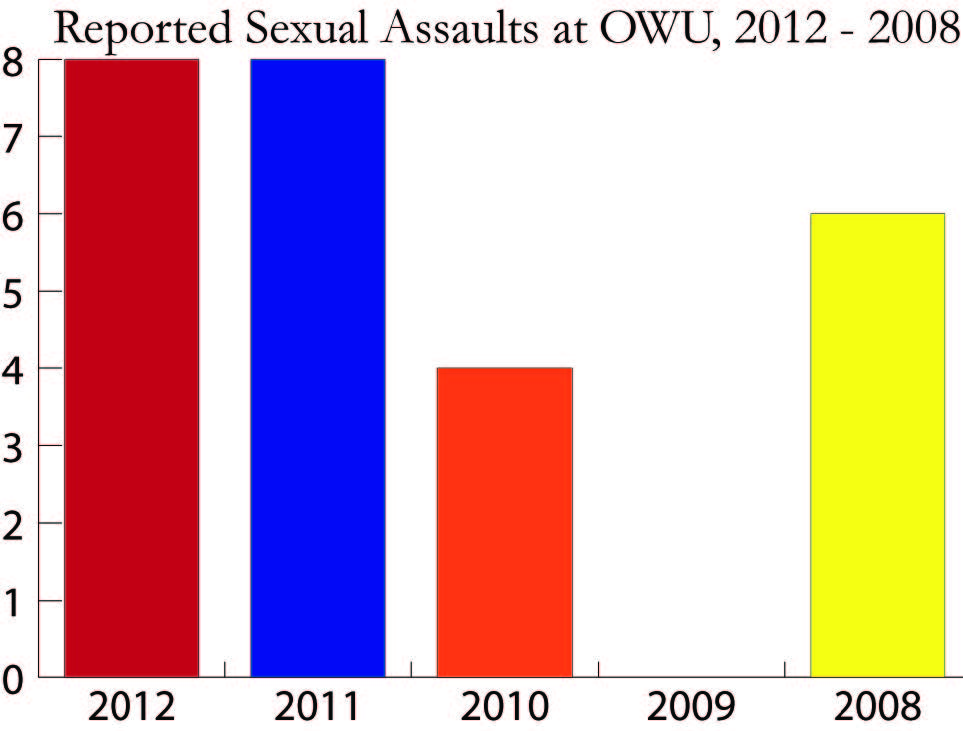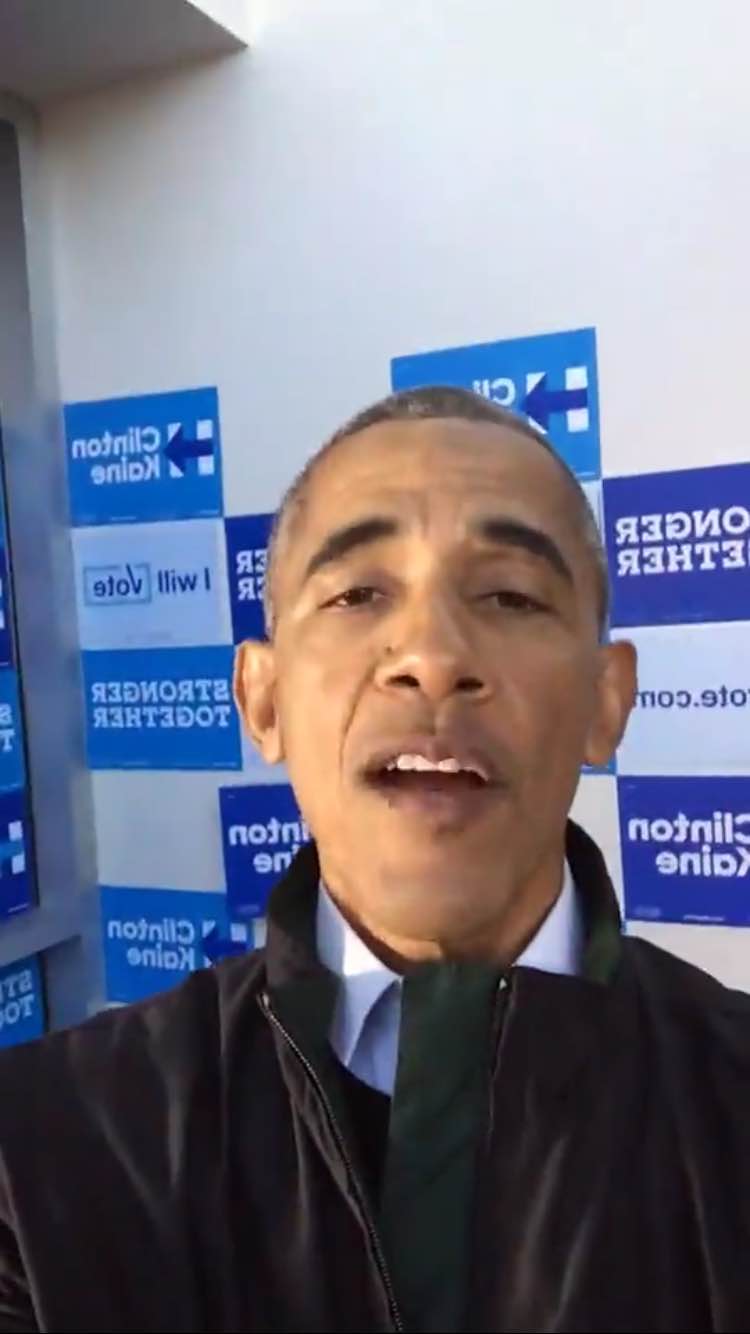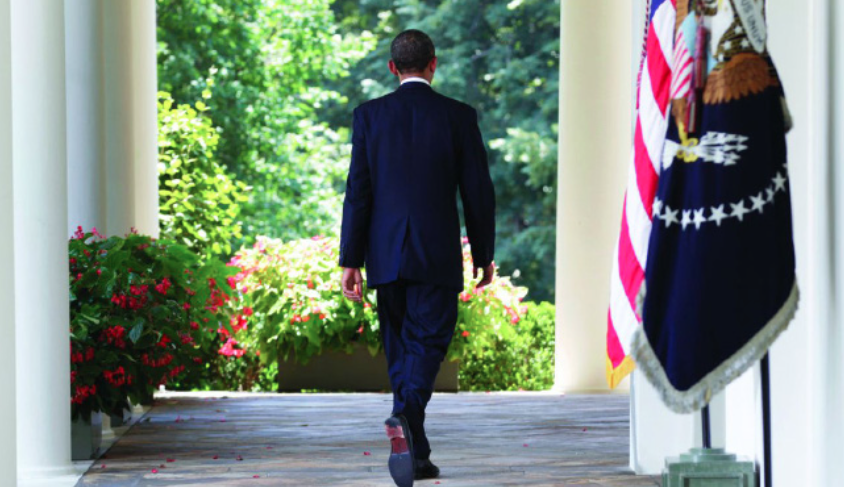
By Spenser Hickey and Bre Reilly
Editor-in-Chief and Transcript Correspondent
One in five women attending college in the US experience some form of sexual violence, and only 12 percent of them report it.
While these statistics have been pointed out by activist groups for years, President Obama made national headlines when he referenced them in a video statement last week.
“I called members of my cabinet to the White House to deal with a challenge that affects so many families and communities: the crime, the outrage, of sexual violence,” Obama said in the video.
The cabinet members involved include Attorney General Eric Holder, Defense Secretary Chuck Hagel, Education Secretary Arnie Duncan and Health and Human Services Secretary Kathleen Sibelius.
Vice President Joe Biden, author of the Violence Against Women Act, is also involved in the White House’s task force aimed at protecting students of all genders from sexual violence.
The task force has 90 days to make recommendations for colleges on how to prevent and respond to reports of sexual violence.
It will also work to increase public awareness of how specific universities handle cases and increase federal means of holding universities accountable.
“We’ve got to teach young people – men and women – to be brave enough to stand up and help put an end to these crimes,” Obama said.
“We’ve especially got to teach young men to show women the respect they deserve. I want every young man in America to know that real men don’t hurt women.”
The statement came after the White House Council on Women and Girls released a report titled “Rape and Sexual Assault: A Renewed Call to Action” which found that nearly 22 million women and 1.6 million men in the US have been raped.
“That’s totally unacceptable,” he said.
“…College should be a place where our young people feel secure and confident, so they can go as far as their talents will take them.”
At Ohio Wesleyan, the President’s statement was met with support from administrators and student activists.
Richelle Schrock, director of the Women’s and Gender Studies department, said that the creation of the task force is “a step in the right direction” and that the statistics cited are “a distressing reality.”
“I appreciated President Obama’s remarks in terms of showing support and solidarity with survivors when he stated that, ‘I have your backs,’” Schrock said in an email.
“This idea of ‘having the backs’ of survivors challenges victim-blaming narratives, which often predominate in our discussions of sexual assault.”
She also said she was curious to see if the task force would lead to increased funding for sexual assault prevention and awareness programs.
“Currently, many sexual assault awareness programs and organizations nationwide rely on funding from grants, which means their resources fluctuate on a yearly basis,” Schrock said.
Kimberlie Goldsberry, dean of students, said that any form of assault is “a really tragic thing” to experience.
“The only way we can try to rectify that is to continue to educate people and hold people accountable,” she said.
According to annual security reports provided by Public Safety (PS), at least 26 sexual assaults occurred on campus from 2008 to 2012, and all of them took place in student housing.
While the daily crime logs only list 11 forcible sex offenses – forms of rape or sexual imposition – this is not unusual.
As part of the annual tabulation, PS submits their list of reports to Counseling Services, the Chaplain’s Office and the Student Health Center.
These offices then add additional cases they know of where survivors were not comfortable going to PS, maintaining survivors’ confidentiality.
According to public records requests submitted to the Delaware Police Department, none of the forcible sex offenses reported from 2008 to 2013 as occurring on campus have led to a conviction or even a trial.
Six are listed as investigation pending and seven as exceptionally cleared, meaning no arrest was made even though there was a suspect.
Senior Claire Hackett, one of two campus campaign coordinators for the V-Day 2014 movement, said that sexual assault cases can be hard to prove without evidence collected by a rape kit.
V-Day is an international movement working to end domestic and sexual violence against women and girls.
Recent campaigns have focused around the statistic that one in three women will experience some form of violence in their lifetimes.
Hackett said that while only 26 cases were reported to University officials, sexual violence happens a lot more than people realize.
“You don’t realize how many women that you interact with (on campus) have been sexually assaulted,” she said.
Hackett said this was something that she’s learned through working in The Vagina Monologues at OWU.
While many participants have not survived sexual violence, “a significant number” have and benefit from the series of readings, which focus on women’s experience.
“It’s really important to the women who go through it, because it is empowering for them, especially if they’re survivors of sexual assault,” she said.
Both Hackett and junior Meredith Harrison, moderator of the Women’s House, said they agreed with President Obama’s statement that college sexual violence is a national issue.
“It definitely affects everybody,” Harrison said.
“I really liked that Obama addressed in his speech that it’s not just a women’s issue, it’s a men’s issue too and we need to be talking about how men can stop sexual assault.”
Hackett said that while sexual violence on college campuses is still a step in the right direction, it is one that primarily focuses on the middle and upper classes that have access to college.
Harrison added that women on Native American reservations also face a high risk of sexual violence, but that the statistics regarding college sexual violence are also “very high.”
“Something needs to be done,” she said.
“…Since I’ve been in college, there’ve been so many stories in the news and in the media about women in high school or women in college who have had bad experiences with reporting sexual assault.”
The past few years have seen a number of incidents where colleges faced federal investigation after they misreported crime statistics, in violation of the Clery Act, or pressured survivors into not reporting assaults.
The University of North Carolina, Penn State, the University of Southern California, Amherst, Dartmouth, Yale and Vanderbilt are just some of the colleges who’ve been accused of violating either the Clery Act or Title IX, a federal gender equity law with provisions to help survivors of sexual violence.
Hackett said that Ohio Wesleyan has a lot of things that support those who are survivors of sexual assault, but there’s always room for more.
“I think we could always increase the programming that encourages a safe environment for survivors,” she said.
“I think we raise a lot of awareness, a lot of consciousness-raising and have a lot of speak outs and marches and stuff, but I think we could be doing more for healing,” Harrison said.
She also said universities in general should expel perpetrators of sexual violence if they are convicted, as their continued presence on a campus can have “triggering” effects on the survivor.
“That is something no survivor should have to experience,” said Harrison.


